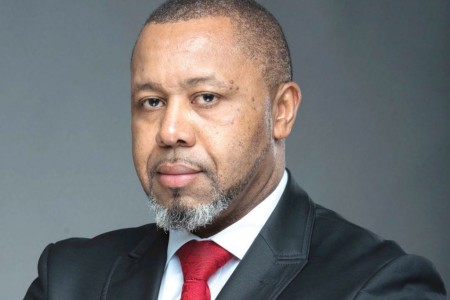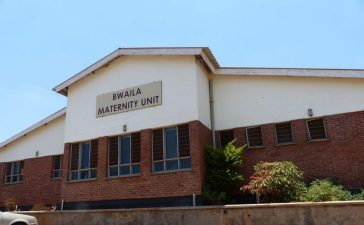Today, Malawi marks one year since the tragic death of Vice President Saulos Klaus Chilima in a military aircraft crash—a national calamity that shook the country and left an indelible scar on its political landscape.
But as the nation pauses to reflect, lawyer and governance analyst Z. Allan Ntata has urged Malawians to separate grief from propaganda. In a powerful op-ed, Ntata warns against weaponising Chilima’s death for political gain, stressing that honouring the late Vice President must be rooted in truth, not conspiracy theories.
“A dangerous trend has emerged,” Ntata writes. “Instead of mourning, we now have weaponised accusation.” He notes that platforms ranging from WhatsApp groups to political rallies have become echo chambers of unsubstantiated claims, many accusing the ruling Malawi Congress Party (MCP) and President Lazarus Chakwera of foul play.
“Do we have evidence? No. Do we have questions? Yes,” he states, underscoring the distinction between legitimate inquiry and harmful speculation.
Ntata acknowledges the deep public mistrust in state institutions, but cautions that turning Chilima’s death into a political or religious crusade undermines the very ideals Chilima stood for—integrity, unity, and reform.
“He was a visionary, a devout Catholic, and a patriot. What would he think of the tribal bitterness and theological witch-hunting now being spewed in his name?” Ntata asks.
He calls for a more responsible form of remembrance—one focused on truth, transparency, and justice. “If you want justice, demand accountability, not blood. If you loved Chilima, honour him with courage, not lies,” he said.
As Malawi continues to grapple with political polarisation, Ntata’s message is a reminder that national tragedies must not be hijacked for partisan ends.
“Today, may we pause the shouting. May we think before we post. May we be worthy of the legacy we claim to defend,” he concluded.
The anniversary comes amid ongoing discussions about the findings of international investigators into the crash, with many calling for greater clarity from the government.
But for now, Ntata’s appeal echoes a broader national need: to grieve with dignity, seek truth with discipline, and remember Chilima not with noise—but with honour.













